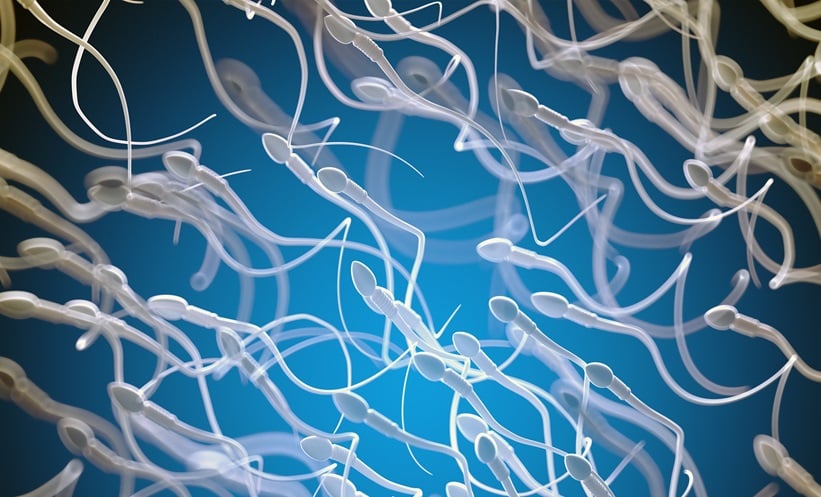HUMAN papillomavirus (HPV) may cause sperm necrosis, and an increased production of reactive oxygen species (ROS). HPV is a common sexually transmitted infection linked to various health issues, including cervical cancer in women. HPV types are classified as high-risk (HR-HPV) or low-risk (LR-HPV) based on their association with cancer or benign conditions. Although the effects of HPV on male fertility are less studied, recent research suggests it may impact sperm quality and cause inflammation in the male urogenital tract. This research team therefore aimed to explore the association of HR-HPV and LR-HPV infections with sperm quality, oxidative stress, and inflammation in men.
This cross-sectional study included adult males attending a urology clinic between 2018 and 2021. Participants were divided into three groups: controls, LR-HPV positive, and HR-HPV positive. Exclusion criteria included prior HPV vaccination, vasectomy, azoospermia, significant varicocele, exposure to environmental pollutants, and recent illness or medication use. Semen samples were collected, analysed, and tested for HPV using polymerase chain reaction (PCR) and genotyping. Sperm quality, apoptosis/necrosis, cytokine levels, and ROS production were measured. Statistical analysis was performed using GraphPad Prism and SPSS, with significance set at p < 0.05.
Of the 205 participants, 19% were HPV-positive, with HR-HPV, particularly HPV-16, being the most common. Although routine sperm parameters showed no significant differences between groups, HR-HPV infections were associated with higher sperm necrosis and increased ROS production, indicating oxidative stress. Contrary to expectations, HR-HPV infections resulted in reduced leukocyte counts and lower levels of inflammatory cytokines like IL-6 and IL-1β, suggesting a local immunosuppressive effect. Co-infections with other uropathogens exacerbated sperm necrosis and ROS production but did not significantly alter semen inflammation.
This study highlights the high prevalence of HR-HPV in men and its association with increased sperm necrosis and oxidative stress, despite minimal inflammation. Identifying HR-HPV genotypes in men is essential as these infections can disrupt immune responses, potentially impacting reproductive health and facilitating viral persistence and transmission.
Abigail Craig | EMJ
Reference
Olivera C et al. Impact of high-risk and low-risk human papillomavirus infections on the male genital tract: effects on semen inflammation and sperm quality. Front Cell Infect Microbiol. 2024;14. DOI:10.3389/fcimb.2024.1420307.








